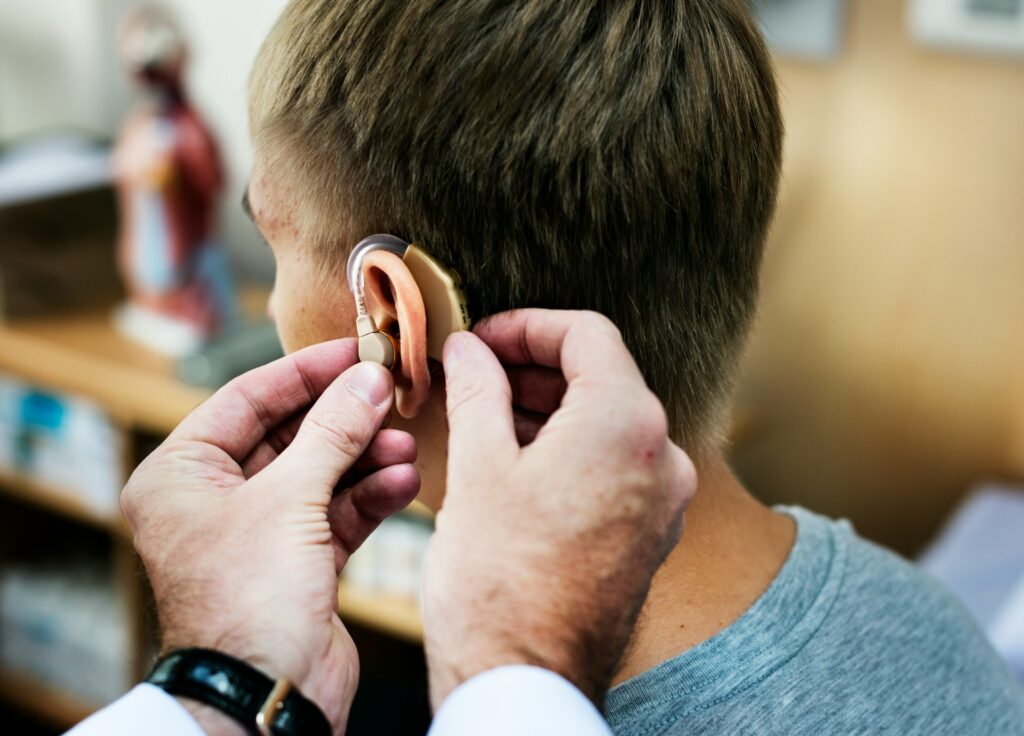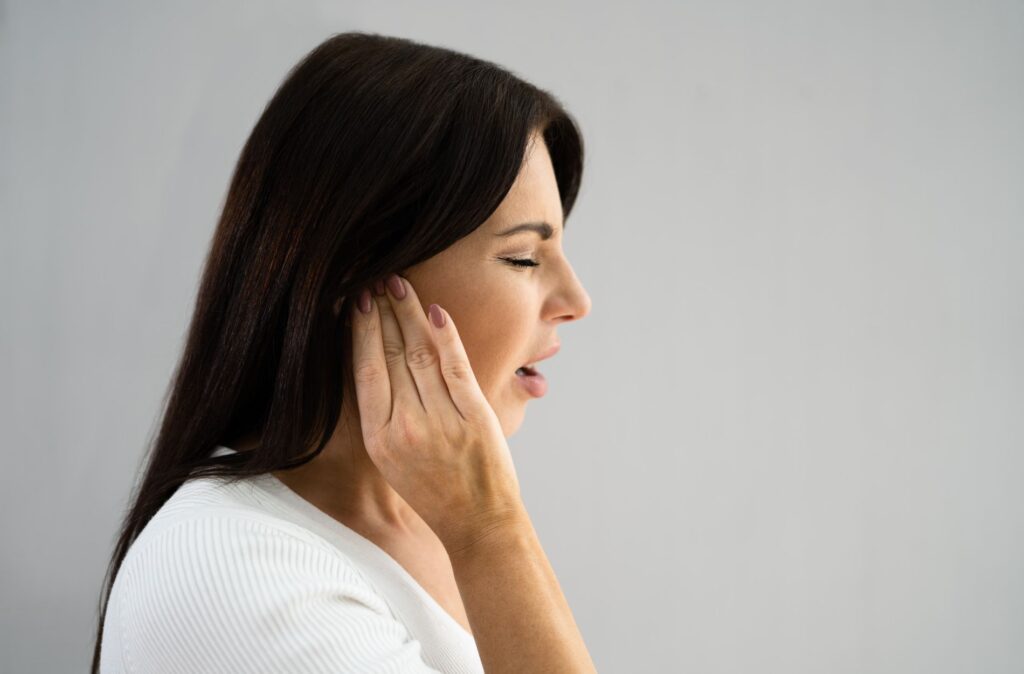Hearing is a precious sense that connects us to the world, yet it’s surprisingly vulnerable to damage from our noisy surroundings. Every day, we often expose ourselves to environments that can pose a risk to our hearing health without realising the potential harm. Whether it’s through work-related noise exposure or recreational activities, understanding how loud noises can damage our hearing is essential.
We all have experienced moments when a loud noise left our ears ringing or feeling muffled. These are immediate signs that the sounds around us are too potent for our auditory system. Repeated exposure to these levels of noise can lead to permanent hearing loss. It’s not just about the noise but how long and how often you’re exposed to it. This is why it’s critical to identify which sounds are dangerous and take proactive measures to protect our ears.
In the upcoming sections, we’ll explore in depth the sounds you really need to watch out for and the best methods to shield your ears from permanent damage. We’ll also discuss tools and techniques that can help you maintain your hearing health in the long term, ensuring you can continue to enjoy the richness of sounds without risking your auditory well-being.
Understanding How Loud Noises Damage Your Hearing
When we’re exposed to loud noises, the sensitive structures inside our ears can be harmed. This happens because sound waves are essentially vibrations travelling through the air, and overly loud vibrations can cause the tiny hair cells in the inner ear to bend or break. These hair cells are vital for converting the vibrations into electrical signals that the brain interprets as sound. Once damaged, these cells do not regenerate, which can lead to permanent hearing loss.
The damage doesn’t happen overnight but is the result of repeated exposures to loud noises or a few instances of extremely loud noises, such as explosions or gunfire. Symptoms might not be noticed immediately, making it crucial for us to be aware of the noise levels we’re exposed to regularly. This understanding helps us take preventative actions to protect our hearing, ensuring we maintain this vital sense that connects us to our surroundings and enhances our quality of life.
Know Your Noise: Identifying Dangerous Sound Levels
Recognising dangerous sound levels is crucial to protecting our hearing. Sounds are measured in decibels (dB), and noises above 85 dB can cause damage over time. To put this into perspective, normal conversation usually occurs at around 60 dB, while a motorcycle engine running is close to 95 dB. Understanding these levels can help us make better decisions about when to use hearing protection.
Here’s a helpful list to guide you:
– 60 dB: Normal conversations or dishwashers
– 70 dB: Washing machines
– 80 dB: Garbage disposals
– 90 dB: Lawn mowers, power tools
– 100 dB: Handheld drills, music concerts
– 110 dB: Car races, loud sporting events
– 120 dB: Ambulance sirens
Being aware of the decibel levels associated with common sounds is vital. By doing so, we can take proactive steps to protect our ears, like stepping away from loud noises, limiting time spent around loud sounds, and using ear protection when necessary. Identifying the noise level is the first step in our commitment to preserve and care for our hearing health actively.
Top Tools and Techniques to Protect Your Ears
In our commitment to safeguarding your hearing, we utilise a range of tools and techniques. One of the most effective tools are earplugs, which are perfect for reducing noise levels while allowing you to still engage in your daily activities without discomfort. Whether you’re attending a loud concert or working in a bustling factory, earplugs can significantly decrease the risk of hearing damage. We also recommend noise-cancelling headphones, which not only block harmful noises but also enhance the listening experience without having to turn up the volume.
Additionally, we often advise the use of sound-level meter apps available on smartphones. These apps can monitor the sound environment, giving you real-time feedback on noise levels, so you know when your hearing is at risk. Implementing these techniques doesn’t just prevent hearing loss; it also minimises the stress that loud noises can cause to your ears, helping maintain your overall ear health.
Building Healthy Habits for Long-Term Ear Health
Maintaining ear health is not only about protecting ears from loud sounds but also about building overall healthy habits. Regular hearing checks are a cornerstone of ear health, helping detect any early signs of hearing loss or damage. We encourage making these checks a routine part of your health care, much like visiting the dentist.
It’s also vital to keep your ears clean but doing so safely. Avoid using cotton swabs inside the ear canal; instead, focus on wiping the outer ear with a damp cloth. If earwax buildup becomes a concern, consider visiting us for professional earwax removal. Lastly, maintaining a healthy lifestyle, including a balanced diet and regular exercise, can support better blood circulation, which is beneficial for ear function. By integrating these habits into your daily life, you ensure your ears remain healthy for years to come.
We at Country Hearing Care are dedicated to ensuring your hearing health through comprehensive support and high-quality care. By understanding the risks, utilising protective tools, and maintaining good ear health habits, you can enjoy a lifetime of clear hearing. Don’t hesitate to contact our Australian hearing clinic for personalised advice or to schedule a hearing assessment. We’re here to help you hear better and live better.










